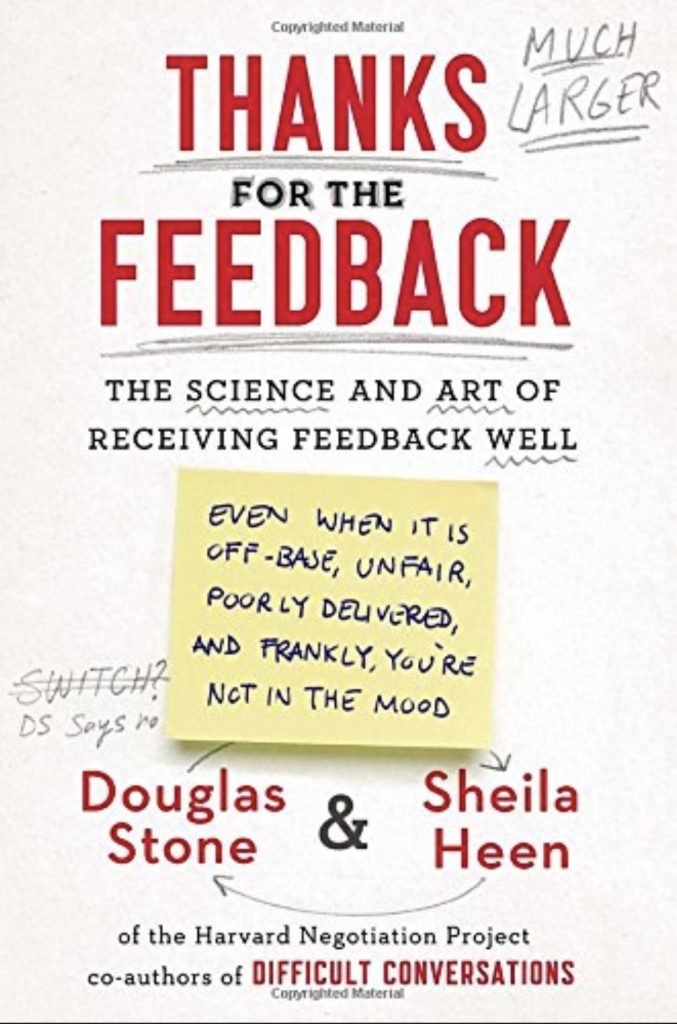
The Art & Science of Receiving Feedback
Learning to give and receive feedback is a valuable tool for negotiators. How defensive are you?

Learning to give and receive feedback is a valuable tool for negotiators. How defensive are you?
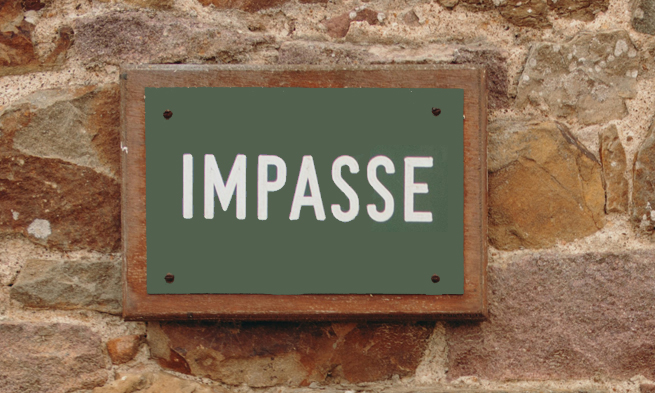
The article provides some valuable tips to avoid impasse in mediation and achieve resolution.

A recent study suggests that making multiple equivalent simultaneous offers leads to better outcomes in business negotiations.

Read about a new study that demonstrates the benefits of mediation regardless of outcome.

Can Ted Lasso make you a better negotiator? This post provides a lesson on the importance of being curious. Genuine curiosity will make you a better negotiator.

Although negotiators must display confidence — real or feigned — arrogance is counterproductive. Learn why in this article.

Should you tell your mediator your bottom line? This post from an experienced mediator explores that question.
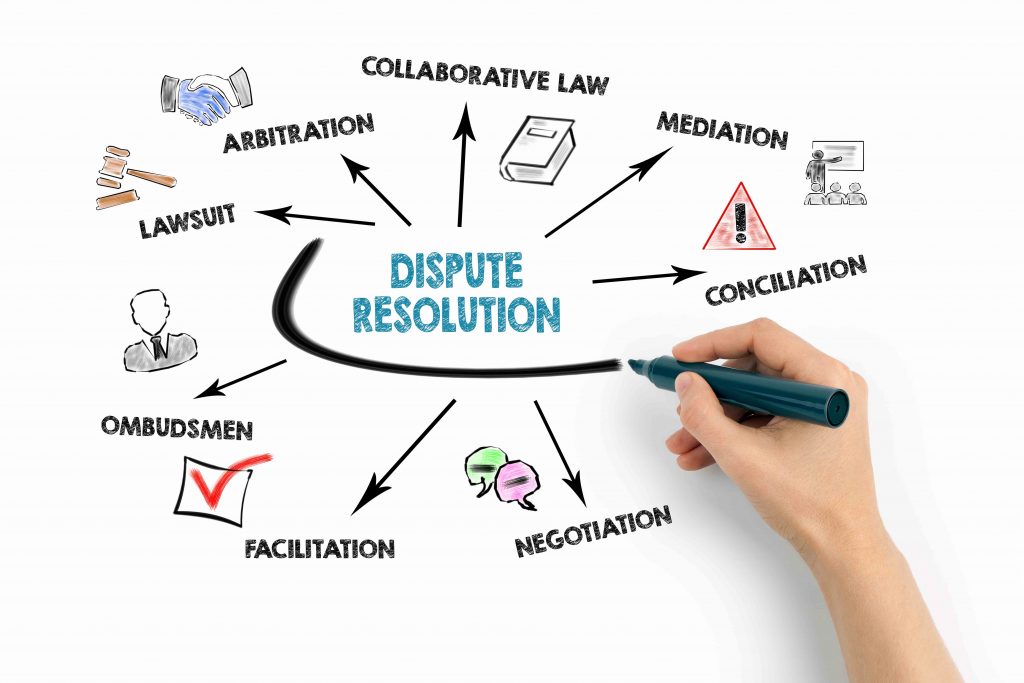
The default model for mediation has produced excellent results in most cases. For complex, multi-faceted, or multi-party mediation, this article suggests re-thinking the process.
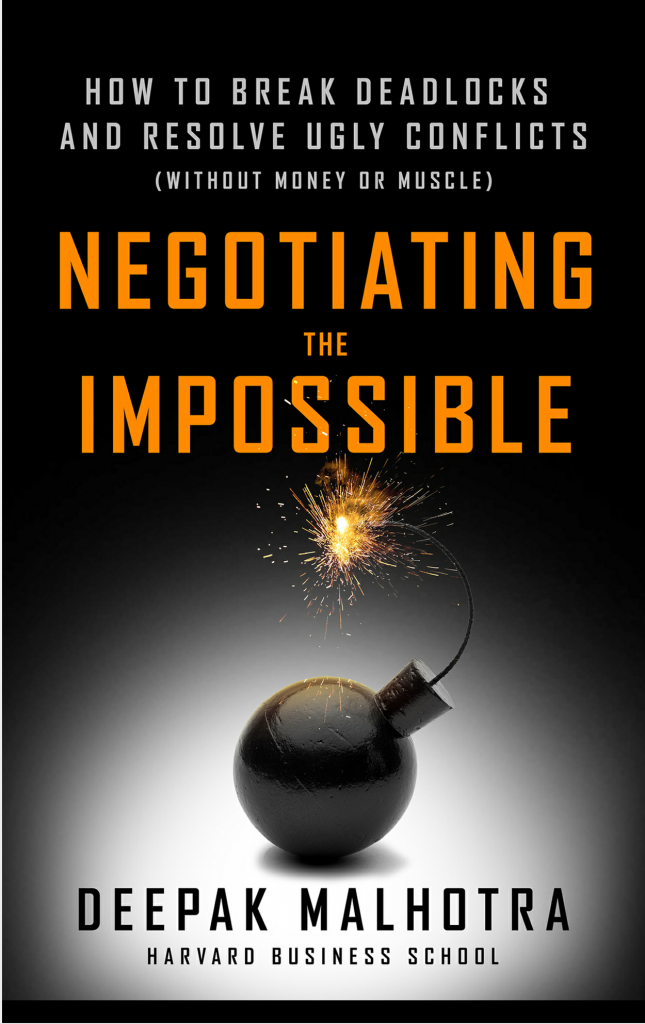
Negotiating the Impossible provides insights from the resolution of some of the most intractable conflicts in history. In this introduction and articles to follow, we explore the lessons we can learn from them.
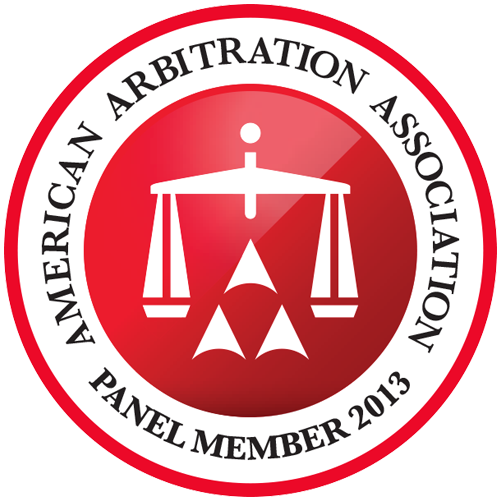
The 2022 Commercial Arbitration Rules introduced a number of changes. Appropro of the times, it allows the arbitrator to establish the method of conducting the hearing, including video, audio, or other electronic means “when appropriate.”